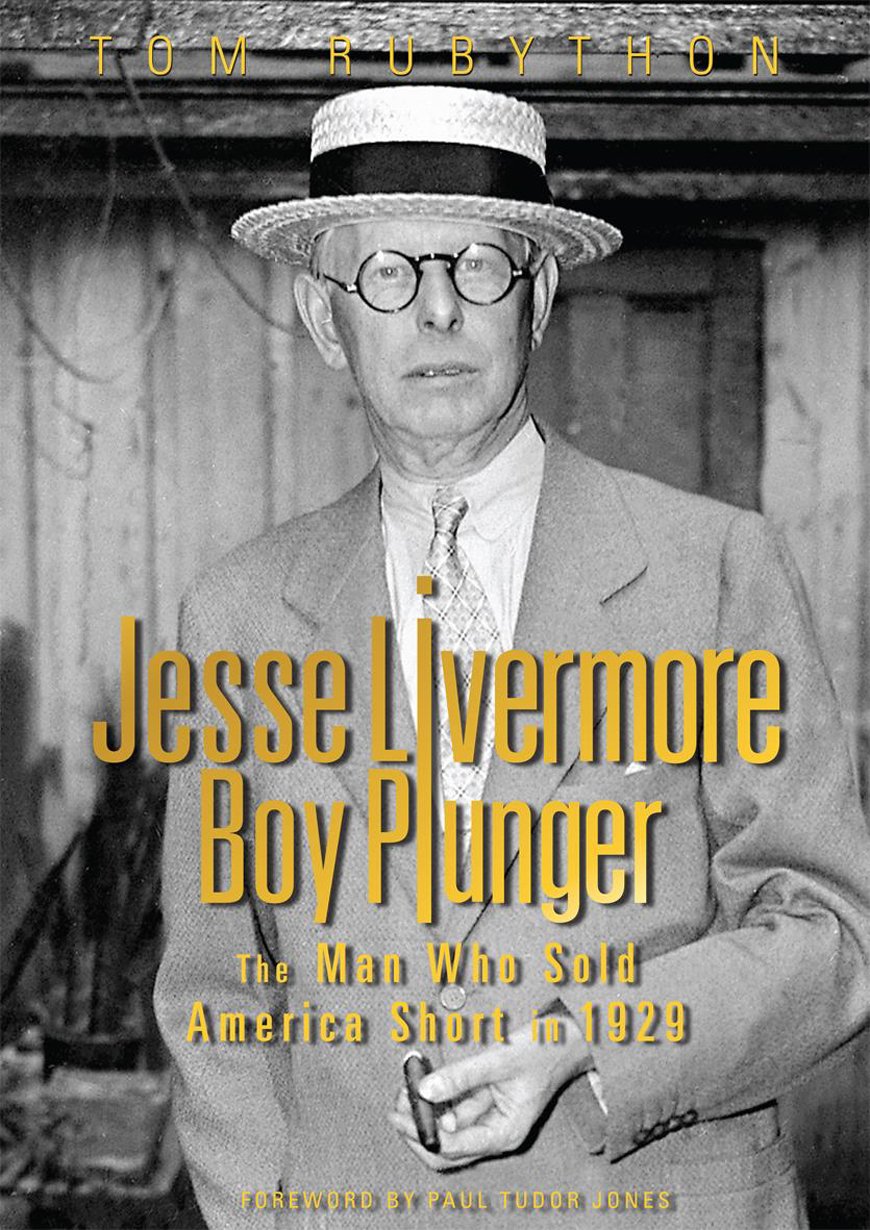
Dear Reader/Traders….If u had not Read this Book…then u had not read anything……its a Bible …Buy and Read atleast once ………..
One of the fascinating things in Reminiscences of a Stock Operator is the constant interplay between duplicit and dishonest practices of Livermore himself and the crooks he deals with. It reminds one of the crossroaders book where the two best friends cheat each other with a mechanical mirror and other means in constant games between them. Only when they realize that the stake between them keeps getting smaller do they realize that they’re both getting poorer because they have to pay the third crook, the “mechanic” for the use of the mirror. The rake was constant. They both show no compunction about cheating their best friends until they realize they’ve been viged to death by a third party.
Livermore is constantly appalled that in the nefarious schemes of manipulation and cornering that the holders of worthless securities engage in with him, that his customers have no honor among mutual thieves like the crossroaders. His terms for a manipulation are as follows: suppose the manipulators have 200000 shares of a listed stock at 40. Livermore will take call on all 200000 shares of stock at 40 for 1 year. They will also put up 6 million in cash for him to make a market and engage in his own insider trading with.
I doubt that the two most wealthy fellow travelers themselves and friends of the Oval who engage in such transactions with the triangle of their colleagues in the banking, and legislative branches receive such favorable terms or insider information today, albeit they seem to have more influence on the terms and policies.
In any case, how would you value what Livermore’s normal take was for such a manipulation? He receives a call for 1 year on 2000000 shares and that’s worth about 10%, so 800000. Then use of 6 million for manipulation for 1 year, enablling him to front run with that stake. How to value that aspect? Let’s say 500000.
He engaged in these transactions in the 1920-1929 period. No wonder Livermore was worth 50 million at the height of 1929 before losing it all, and declaring bankruptcy the fourth time, and going bust for at least the twelth time in 1934, before his suicide at the Sherry Netherlands.
it reminds one of the radi0 show tag line “crime does not pay”.

 This is a story of triumph and tragedy. Jesse Livermore is notable as one of the few people who ever made it into the richest tiers of society by speculating — by trading stocks and commodities — betting on price movements.
This is a story of triumph and tragedy. Jesse Livermore is notable as one of the few people who ever made it into the richest tiers of society by speculating — by trading stocks and commodities — betting on price movements. Livermore on irationality
Livermore on irationality

 You know, and I know that human nature is like the leopard that can’t change his spots. Even armed with all the latest findings into the inner workings of our psyche, it seems to provide scant help-certainly when we need it the most. I don’t know about you, but it seems like a lot of people are crying foul when it comes to the market-like it’s a rigged game. I asked Jesse about that issue:
You know, and I know that human nature is like the leopard that can’t change his spots. Even armed with all the latest findings into the inner workings of our psyche, it seems to provide scant help-certainly when we need it the most. I don’t know about you, but it seems like a lot of people are crying foul when it comes to the market-like it’s a rigged game. I asked Jesse about that issue: